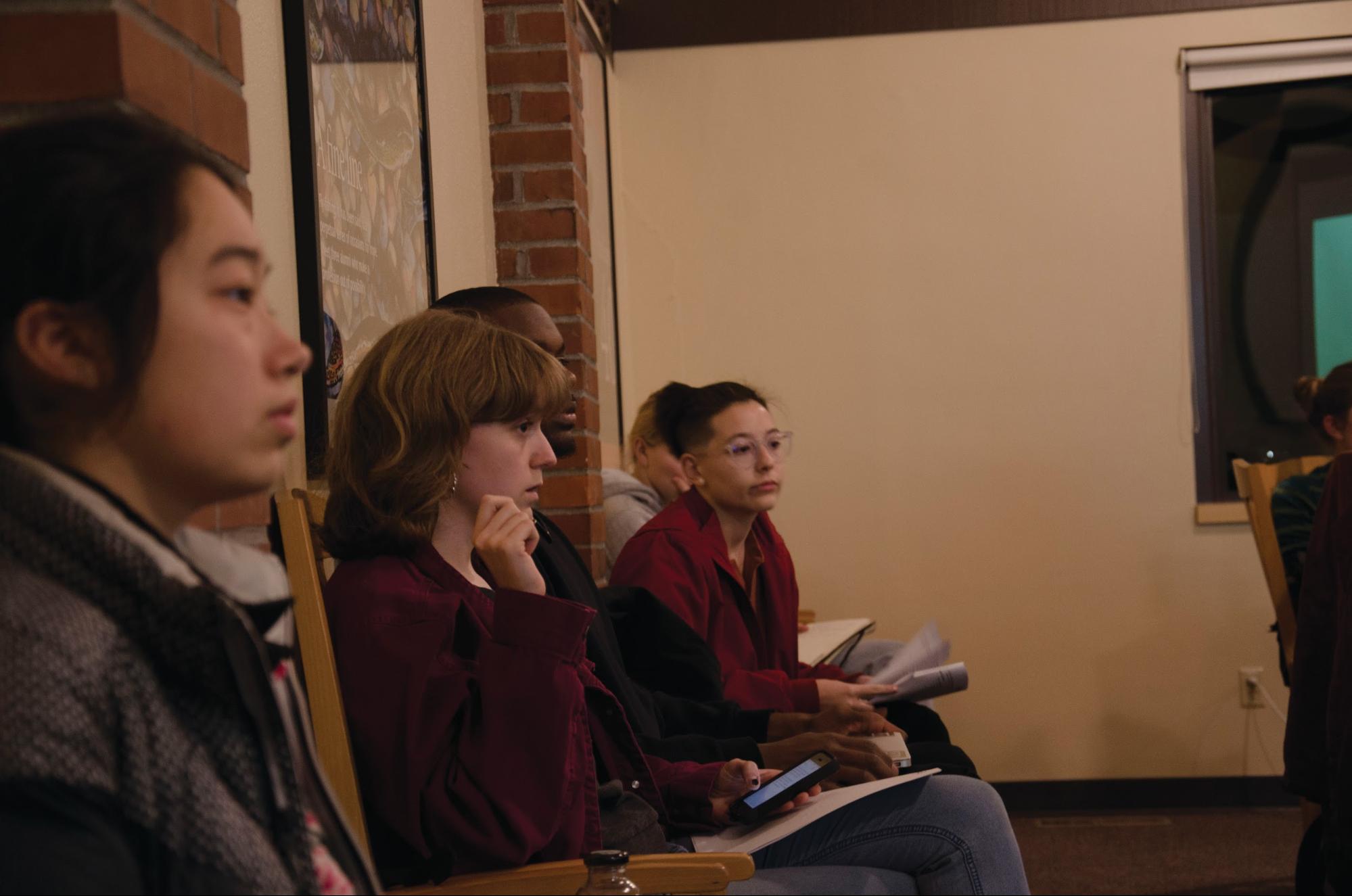
For the first time in 24 years, Puget Sound’s student integrity code is being updated. The process of updating the code has been going on for about a year and a half. The code won’t fully be finished until the new code is published, hopefully in August 2019. Updating the code has involved student surveys, focus groups and discussions in senate meetings and committees.
The process is ongoing and as of now there is a draft circulating. The administration has shared the draft during open review sessions and senate meetings, though it is not currently accessible online and students are not allowed to keep the drafts.
Changes in the code are geared towards increasing transparency. The draft is much more specific, laying out details and examples of conduct violations. The new draft also splits the conduct code and the procedures process into two separate documents. This was done in order to strengthen organization and make amending the documents more efficient.
A new appellate process is also featured in the draft. Students who may face charges of suspension or expulsion will potentially be able to appeal their cases twice. This second round of appeals only applies to cases of suspension or expulsion and not to more minor offenses.
The draft also mandates that the code must be reviewed annually, so as not to go another 24 years without an update.
Puget Sound’s Associate Dean of Students Sarah Comstock and the Director of Student Conduct Jessica Pense have been working on the draft. Pense was hired in 2017 and the updating process began shortly after her arrival. Administrative changes, specifically the update in Puget Sound’s sexual misconduct policy, encouraged Comstock and Pense to update the code.
“Transparency was not there and clarity was not there,” Pense said about the code. “The conduct process is not meant to hide things from the students; it should be a transparent process.” Both Pense and Comstock were assertive in saying that the code is meant to serve and benefit the students.
“This is not our code; this is your code,” Comstock said, touching on the importance of student participation in working with the draft. “I love to hear the student voice,” Comstock said.
Pense and Comstock demonstrate a willingness to engage with students. Many of the student meetings were followed by question and suggestion time, where students commented on the draft and suggested changes. During the meetings, Pense and Comstock were open to student suggestions.
“Jess and I have very thick skins; we know that this is not a perfect document,” Comstock said.
Many critiques of the document centered around subsection 2a, which detailed how disruption of functions of the University could be sanctioned. Though not originally intended to apply to protests, students saw this subsection as limiting their right to expression. The concern is that students could be punished for participating in activism or protests on campus.
“I know historically our campus has not been great with student protest,” Associated Students of the University of Puget Sound (ASUPS) Senator Kelly Johnson said.
“Obviously I have the UPS 3 in my head while reading this document because I don’t agree with how that was approached,” Johnson said.
The UPS 3 refers to three students of color were suspended from campus after protesting. They allegedly posted lists around campus with names of people they believed to be bigoted, to protest sexism, racism and homophobia.
“The way in which that case was approached by the university in accordance with the student integrity code is a huge part of the whole conversation of the document,” Johnson said.
Johnson stressed that this is a chance for students to engage in a critical type of activism. “It is an incredible opportunity to make significant changes and advocate for marginalized students,” Johnson said.
“Those students’ voices weren’t heard in the way that they needed to be,” Johnson added. The process of updating the code is a moment for students to advocate and for the administration to listen.
